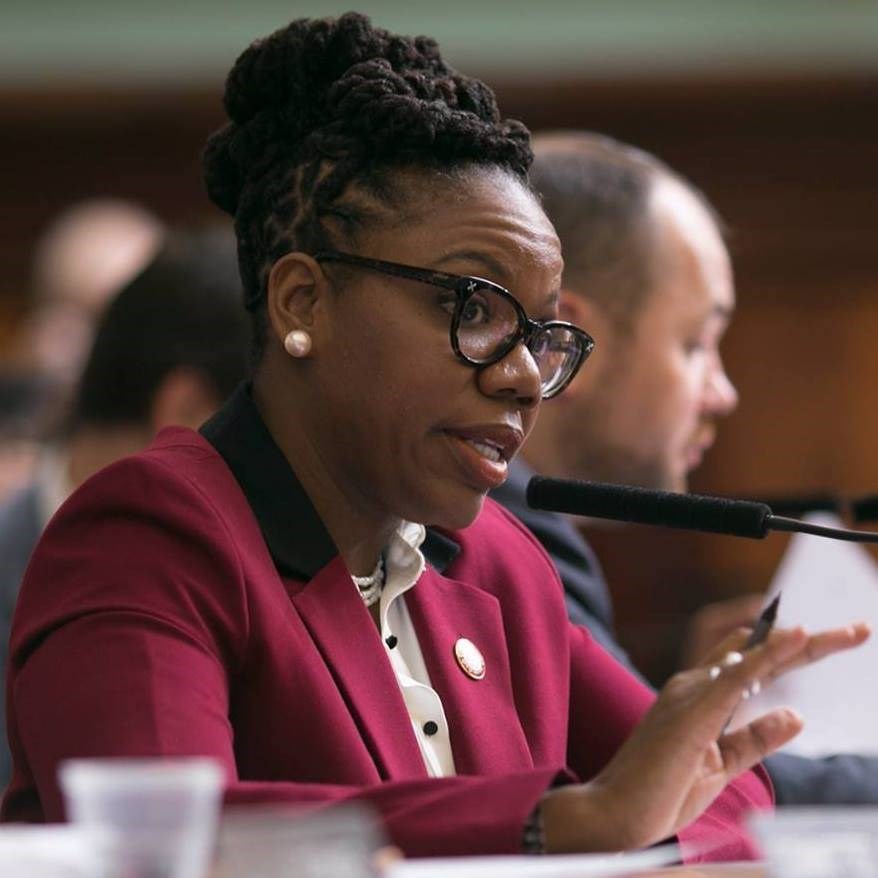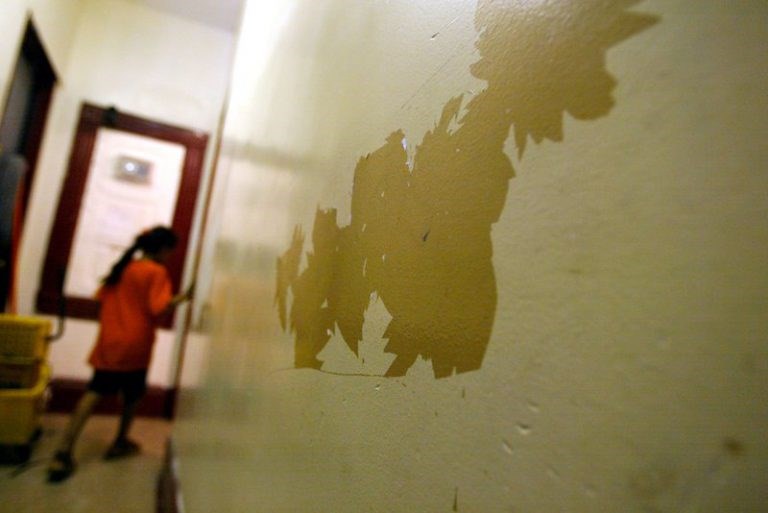The NYC Health Department launched on Monday a new public awareness campaign to encourage parents to get their children's blood tested for lead.
While 80 percent of NYC children are tested at least once before their third birthday, only 50 percent of children are tested at both ages 1 and 2, according to city officials. The campaign also encourages parents to report peeling paint to their landlord or call 311, which is the primary source of exposure to lead for children.
"Children under the age 3 are at greatest risk for lead exposure because they explore the world by putting things in their mouths and their bodies are still growing," said Health Commissioner Dr. Oxiris Barbot. "Most children exposed to lead do not look or feel sick. The only way to know for sure if they are exposed is by getting a blood lead test. We encourage all parents and guardians to get their children tested."
New York State law requires all children to be tested for lead at ages 1 and 2 by their health care provider. Providers must also assess children for exposure to lead until age 6 and test them if a risk of exposure is found. When exposed to lead, children can develop learning and behavior problems.
Brownsville Councilmember Alicka Ampry-Samuel, who chairs the council's Committee on Public Housing, commended the city on the new campaign while emphasizing that many children, particularly those living in public housing, are potentially exposed to lead and therefore need to be tested.

"Although the city has made strides for reducing lead exposure, so many children are still susceptible, which is why it's so important to get your child's blood lead levels checked," said Ampry-Samuel. "This is especially true for those living in public housing as NYCHA works towards lead abatement of its developments."
Under the LeadFreeNYC campaign, the city will provide environmental interventions and education, require annual inspections of apartments in one- and two-family homes, as well as test all 135,000 NYCHA apartments where lead has not been ruled out. The city also will expedite service line replacements beginning with low-income homes, provide children with immediate access to blood lead level testing whenever a housing inspector identifies a lead paint hazard, and proactively test and remediate all lead sources in shelters.
"The number of children exposed to lead in NYC is astonishing, mainly because the effects of lead poisoning in children are permanent and in some cases deadly," said Ampry-Samuel. "It is time that we all do the right thing on behalf of our families and children."




